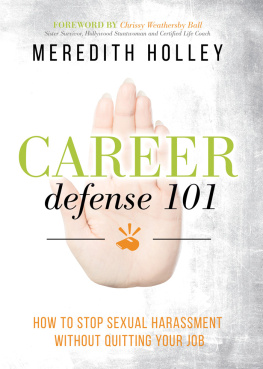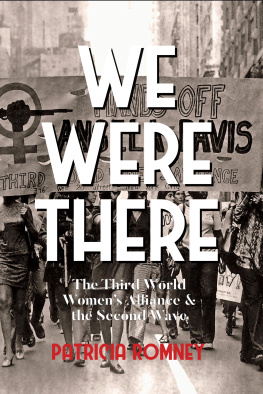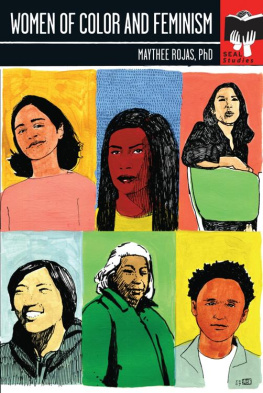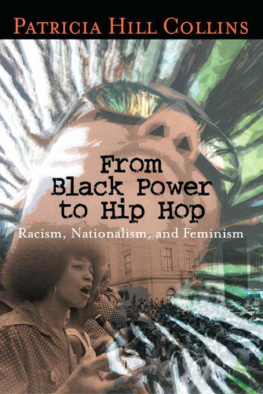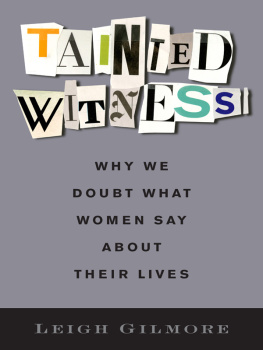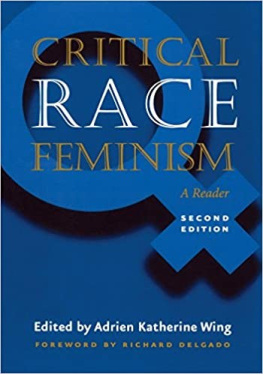Thank you for buying this ebook, published by NYU Press.
Sign up for our e-newsletters to receive information about forthcoming books, special discounts, and more!
Sign Up!
About NYU Press
A publisher of original scholarship since its founding in 1916, New York University Press Produces more than 100 new books each year, with a backlist of 3,000 titles in print. Working across the humanities and social sciences, NYU Press has award-winning lists in sociology, law, cultural and American studies, religion, American history, anthropology, politics, criminology, media and communication, literary studies, and psychology.
Just the Facts
Just the Facts
How Objectivity Came
to Define American Journalism
David T. Z. Mindich

NEW YORK UNIVERSITY PRESS
New York and London
1998 by New York University
All rights reserved
Library of Congress Cataloging-in-Publication Data
Mindich, David T. Z., 1963
Just the facts : how objectivity came to define American
journalism / David T. Z. Mindich.
p. cm.
Includes bibliographical references (p. ) and index.
ISBN 0-8147-5613-1 (acid-free paper)
1. JournalismUnited StatesObjectivity. I. Title.
PV4888.O25 M56 1998
071.3ddc21 98-9090
CIP
New York University Press books are printed on acid-free paper,
and their binding materials are chosen for strength and durability.
Manufactured in the United States of America
10 9 8 7 6 5 4 3 2 1
To Barbara, Talia, and Isaiah, with love
Contents
Acknowledgments
Two professors at New York University inspired and transformed this project. One day, in the late 1980s, Mitchell Stephens challenged his journalism history class to find the first examples of the inverted pyramid news form, a form that contains the most important facts in the first paragraphs. I was in that class, and the project led to a quest for the origins of objective journalism, a search that became a dissertation and then this book. Carl Prince introduced me to the politics and passions of the age of Jackson, and my topic changed as I felt compelled to reexamine the period. Prince also steered the dissertation project, along with Stephens, and offered straightforward and much-needed advice. You are writing about the history of objectivity, not the history of the world! he once said, after hearing an especially tortured chapter proposal. I am fortunate indeed that Stephens and Prince found my topic worthwhile, spent time with their careful critiques, and steered the project. In addition to being leading historians and superb mentors, they are treasured friends. The books greatest debt is to them.
Others at New York University helped as well. I am fortunate to have had Jay Rosens constructive critiques of my work. Rosens idea that mainstream journalists should take a more active role in their communities is igniting debates on campuses and in editorial meetings and provided me with an important alternative to objectivity. Andrew Ross, Lisa Duggan, and William Serrin provided thoughtful comments, advice, and support.
I also thank the staff of Bobst Library, especially the Tamiment Labor Library, the New York Public Library, the New-York Historical Society, the Schomberg Center for Research in Black Culture, the Library of Congress, the National Archives, and the Saint Michaels College library.
A number of people read drafts of chapters and offered advice and support, including David Abrahamson, Peter Cherches, Dina Gamboni, Gary Gilbert, Milton Moses Ginsberg, Jacqueline Gutwirth, William Huntzicker, George Kirschner, Carolyn Kitch, Joe Mardin, John Pauly, Barbara Straus Reed, Kit Rushing, David Sachsman, Enid Stubin, Benjamin Zucker, Barbara Zucker, and Rachel Zucker.
I presented drafts of the introduction and all five chapters at conventions of the Association for Education in Journalism and Mass Communication, the Symposia on Ante-bellum and Civil War Press, and the American Journalism Historians Association. I thank the many members of these organizations who shared their expertise. A version of was published as a Journalism Monograph, whose former editor, James Tankard, helped me improve it.
My colleagues and friends from CNN (where I worked in the late eighties), including Don Ennis, Jon Orlin, Leo Sacks, and Kate Skatterbol, taught me valuable lessons.
I am also grateful for the institutional support of Saint Michaels College, and for the advice and friendship of my colleagues Dianne Lynch, Mary Jane Alexander, Jon Hyde, and Mike Donoghue.
To Niko Pfund, Despina Gimbel, and the staff of New York University Press, and to their anonymous reviewers, I owe a great debt of gratitude for their expert editing, advice, and faith in my work.
My best thoughts often came not while sitting in front of the computer but during the interruptions, and for that, my daughter, Talia, and my son, Isaiah, deserve special thanks. Had my parents, Leonard Mindich and Margot Zucker Mindich, my mother-in-law, Jeanne Richmond, and my brothers, Daniel and Jeremy, simply lured me away from the work, I would have had reason to thank them for their friendship and love. But I also thank them for their help at every stage of the writing process. Last, my wife, Barbara Richmond, was my best friend and first editor throughout the project, and I thank her for everything.
Introduction
Objectivity
You shall no longer take things at second or third hand.
You shall not look through my eyes either, nor take things from me,
You shall listen to all sides and filter them from yourself.
Walt Whitman (editor, Brooklyn Eagle), Song of Myself
If American journalism were a religion, as it has been called from time to time, its supreme deity would be objectivity. The high priests of journalism worship objectivity; one leading editor called it the highest original moral concept ever developed in America and given to the world.
But what is objectivity anyway? That depends on whom you ask. For some it is a vague point to strive for, like the North Star. For others it involves specific practices. Still others define it in the breech, citing journalists who break its rules. And lately objectivity has come under fire, a casualty of a bitter battle over the future of journalism. But even as some journalists celebrate it and others call for its end, no one seems to be able to define it.
Even though it was the central tenet of American journalism for much of this century,component of objectivitydetachment, nonpartisanship, a style of writing called the inverted pyramid, facticity, and balanceand places them in a historical context. In each chapter is an examination of objectivitys history, structure, promise, and limits. Along the way, the book addresses what objectivity means today and what it might mean in the future. In the face of intense competition, from the tabloids, cable television, a plethora of new constituencies, and most especially the Internet, journalists need to ask, what is objectivity? Should we abandon it? And if so, what would replace it? Before we move forward, we would be wise to understand the history and structure of journalisms most celebrated and least understood practice. That is the goal of this book.
The need to understand objectivity, important in any age, has lately taken on an added urgency. One of the great truths of journalism history is that when older news media are threatened by newer ones, an intense debate over the nature of news ensues, followed by an era of retrenchment and change. The nineteenth century, as we will see, saw constant debates over the nature of news and the veracity of journalists. Our own century has seen a series of media transformationsin terms of new technology and competitionon a scale unequaled in history. The introduction of radio in the 1920s triggered a full-scale war between the press, which collectively represented a news monopoly, and the upstart radio broadcasters. By the 1990s the landscape of news had shifted dramatically and quickly. The new media of cable TV, syndication, faxes, computers, and the confluence of entertainment and news in the corporate sphere threatened the old guard of television journalism even as television continued to threaten print. Dan Rather, a representative of the formerly upstart television news, began to write articles fretting over encroachments from a new set of upstarts.
Next page

